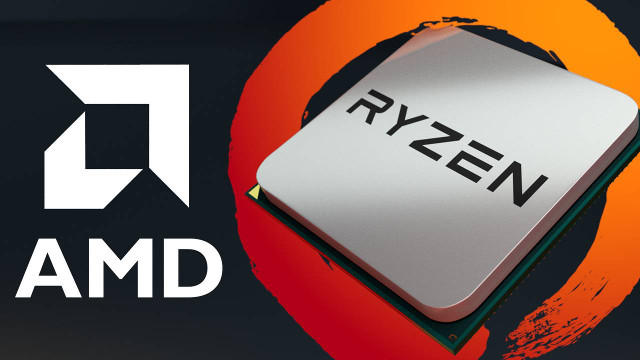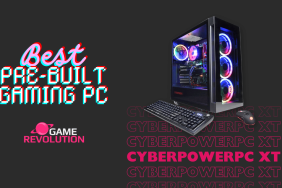Like many PC gamers, I started out as an AMD fan— it was called ATI at the time. AMD offered by far the best bang for the buck in the CPU market at the time (2001), resulting in my decision process being about which AMD processor to invest in rather than which brand to go with.
For one reason or another, AMD has been significantly outpaced by Intel for a number of years. Whether you're talking about efficiency temperature threshold, or general performance, AMD has not been a seriously competitive option since the Phantom 2 processors debuted in 2009.
While PC gamers and technology enthusiasts like myself have every reason to doubt that AMD can deliver on its promise of getting back into the game, we now know that its upcoming Ryzen 7 processors are the real deal; this is no Bulldozer chapter 2.
Built to compete against the best of Intel's lineup, Ryzen 7 is a formidable competitor. Offering three SKUs that range from $329-$499, their performance supposedly equals and in many cases surpasses Skylake at a lower cost of entry.
| CPU | Base Clock (GHz) | Boost Clock (GHz) | TDP (Watts) | Price |
|---|---|---|---|---|
| Ryzen 7 1700 | 3.0 | 3.7 | 65 | $329 |
| Ryzen 7 1700X | 3.4 | 3.8 | 95 | $399 |
| Ryzen 7 1800X | 3.6 | 4.0 | 95 | $499 |
The Ryzen 7 1800X in particular has been shown to achieve better Cinebench benchmark results than that of the Intel Core i7 6900K. A 9% margin, in-fact. That's quite an achievement when you consider that the Intel CPU MSRPs at $1089.
Even the Ryzen 7 1700 is capable of toppling the i7 6900K by 4%, and it does so at a reasonable price of $399.
To hardware enthusiasts that have been watching the market, this comes as a welcomed surprise. Intel simply hasn't seen competition for a number of years, and that has affected—intentionally or not—how hard it has pushed for technological progression. Although it's seen several new generations of CPU during the past few years, each with dramatic improvements in terms of integrated graphics processing, computational processing power has evolved at a disappointingly incremental rate.

The Ryzen 7 chips will utilize B350 (mainstream) and X370 (enthusiast) Promontory chipset motherboards, a new platform that AMD simply calls AM4. A healthy variety of products will debut alongside the new CPUs including solutions from ASUS, Gigabyte, ASRock, and MSI.
With this, a new generation of competition will be ushered into the PC gaming industry for the first time in nearly a decade. It'll be difficult for AMD to win over consumers who may have already committed to Intel hardware, but if its performance in the real world is as good as benchmarks suggest, then myself and many others might just find themselves with AMD hardware sooner than we would have imagined.







